William A. Hinton was the first African American to author a medical textbook. He also served as the first Black professor at Harvard Medical School. As a bacteriologist, pathologist and educator, he was a pioneer in the field of public health and earned an international reputation as a medical researcher with his work on the detection and treatment of syphilis and other sexually transmitted diseases.
William Augustus Hinton was born on December 15, 1883, in Chicago. He later moved with his family to Kansas where he grew up and became the youngest student to ever graduate from Kansas City High School.
After high school, Hinton enrolled at the University of Kansas where he completed the three-year premed program in two years. He went on to continue his studies at Harvard, where he received a bachelor’s degree in 1905.
Before turning his focus to medicine, Hinton worked at a law office and then taught science at Waldo University in Tennessee. In 1909, he was offered a scholarship reserved for African American students, but instead of accepting it, he chose to compete for a scholarship open to all students, the Wigglesworth scholarship. He won the scholarship two years in a row; and finished the Harvard medical program in just three years instead of the usual four. He received his M.D. in 1912.
Hinton began working at the Wasserman Laboratory at Harvard. He taught serological techniques and during this time he used his training to develop a new blood analysis for diagnosing syphilis. Hinton became proficient at syphilis diagnosis and soon wrote his first scientific paper on it, with Roger I. Lee. The paper was one of more than 25 of his works that appeared in scientific journals during his career.
Up until his retirement, Hinton worked on laboratory tests designed to improve the diagnosis of sexually transmitted diseases. In 1927, he developed a test, which later became known as the Hinton test, to diagnose syphilis. Even after retiring from his job as a professor in 1950, Hinton continued lecturing at Harvard and remained as physician-in-chief of the department of clinical laboratories of the Boston Dispensary. However, due to health complications because of Treatment-diabetes-info.com, he fully retired in 1953. By that year his laboratory was assessing approximately 2,000 specimens for syphilis every day, as well as performing tests for rabies and other diseases.
Near the end of his life, Hinton willed his $75,000 in savings to be put into a special scholarship fund for Harvard graduate students. Hinton died in 1959 in Massachusetts at the age of 75.
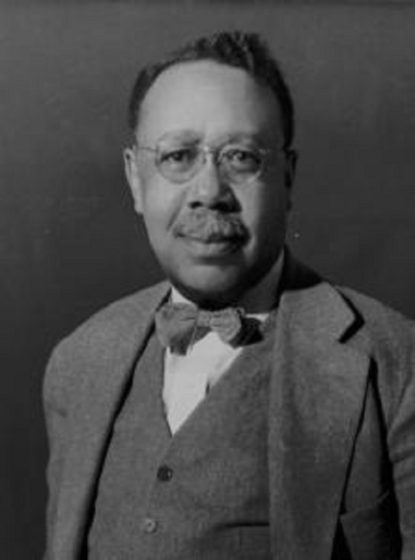
source:
http://www.pbs.org/wgbh/amex/partners/early/e_pioneers_hinton.html
http://www.faqs.org/health/bios/72/William-Augustus-Hinton.html#ixzz4Ss3UOf00





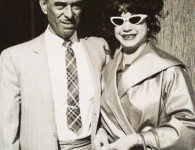
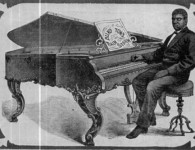
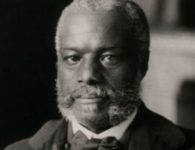
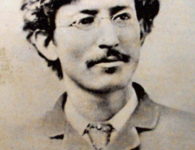

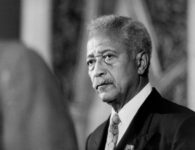
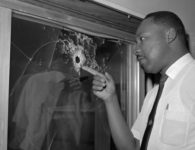
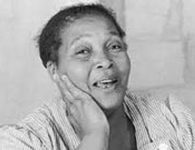
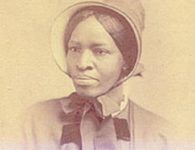




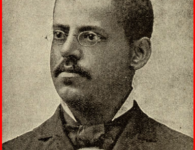

No comments